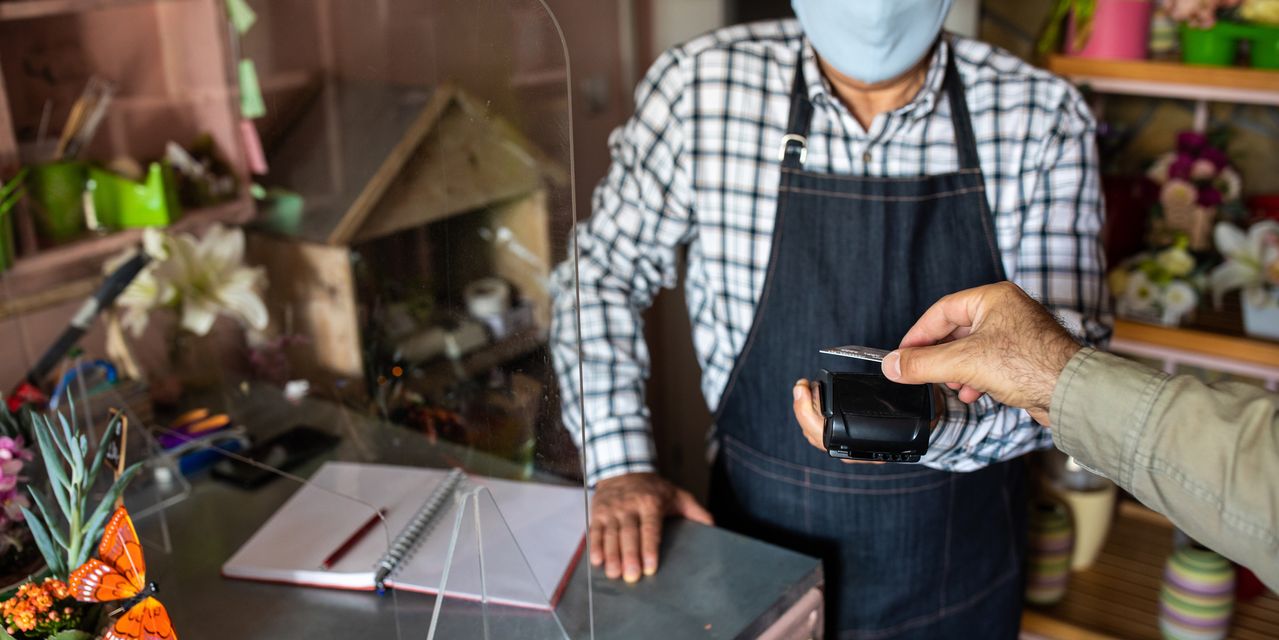
Imagine a world without paper money or coins. Retail stores do not accept cash. Banks do not accept cash deposits.
That far-off world actually exists—or almost exists—today, at least in Sweden and a few other countries that are going cashless. Citizens in these places use debit cards, mobile payment systems and other digital tools to buy stuff.
Young adults who grew up online may view banknotes as a throwback to another era — like print newspapers and leather-bound encyclopedias. Heck, they may welcome the opportunity to implant a chip in their hand rather than futz with an actual wallet to retrieve an actual driver’s license.
Older folks, by contrast, may not embrace the digital economy. It’s one thing to play bridge online (like 90-year-old Warren Buffett) or chat with the grandkids via a computer screen. But the notion of abandoning cash—after a lifetime of holding it in your hand—is another matter.
Can seniors adjust to a cashless world? It helps if they appreciate the benefits—and have the means to capitalize on technological advances.
Free from having to carry cash, they gain a sense of security. They can skip the flutter of anxiety they feel after making a cash withdrawal—from a bank teller or ATM—and walking away: Who’s watching? Is it dark? How far is my car in this darn parking lot?
They may also find that electronic payments help them track their spending and stick to a budget. Many free budget apps link to old-fashioned saving or checking accounts, but they’re even more useful when integrated into mobile payment platforms.
“When new technologies sweep into use quickly, some groups like seniors are left behind,” said Paul Armstrong, founder of Here/Forth, a London-based emerging technology advisory firm. “Anything to do with money is always a tough sell” to such groups due partly to lack of broadband access and other resources.
On a practical level, a cashless world poses challenges even for tech-savvy seniors. Poor eyesight or decreased mobility can limit their ability to conduct transactions on their phone and navigate touch screens. User interfaces that seniors find confusing can lead to errors or other frustrations. And costs can mount if older people lack the latest technology or high-speed connectivity to operate in a digital economy.
Retirees who want to go with the cashless flow may lean on family and friends for help. Enlisting a knowledgeable guide enables aging people to keep pace with digital innovations.
“Pick the right source to get informed on subjects like contactless payment, biometric identification and open banking,” Armstrong said. “Seek help from those you trust.”
For example, seniors might initially balk at authenticating themselves with fingerprints, retinal scans or other biometric techniques. But if an expert explains that such tools can increase security and reduce identity theft, older consumers can become more receptive.
Deepali Vyas often gets calls from her parents in their 70s who seek advice on tech issues such as how to make a mobile deposit of a check they’ve received in the mail.
“They didn’t want to go to the bank, so I downloaded a mobile app on their phone and I’m teaching them how to use it,” said Vyas, senior client partner at Korn Ferry and global head of its fintech practice. “I explain how the technology works, what’s happening on the front end and the back end. I want them to trust that it will work for them.”
She suggests that seniors adapt to a cashless world at their own pace. For starters, they can ask their tech-smart family members, bank or financial adviser, “What can I do to manage my spending on my phone?” and “Do you know any tutorials I can use to learn e-payment systems?”
“It takes time to digest,” Vyas said. “Once you start to order things online, like using Uber to pay for car rides or Venmo to pay your gardener,” you might gain confidence to experiment with a wider range of digital solutions.







